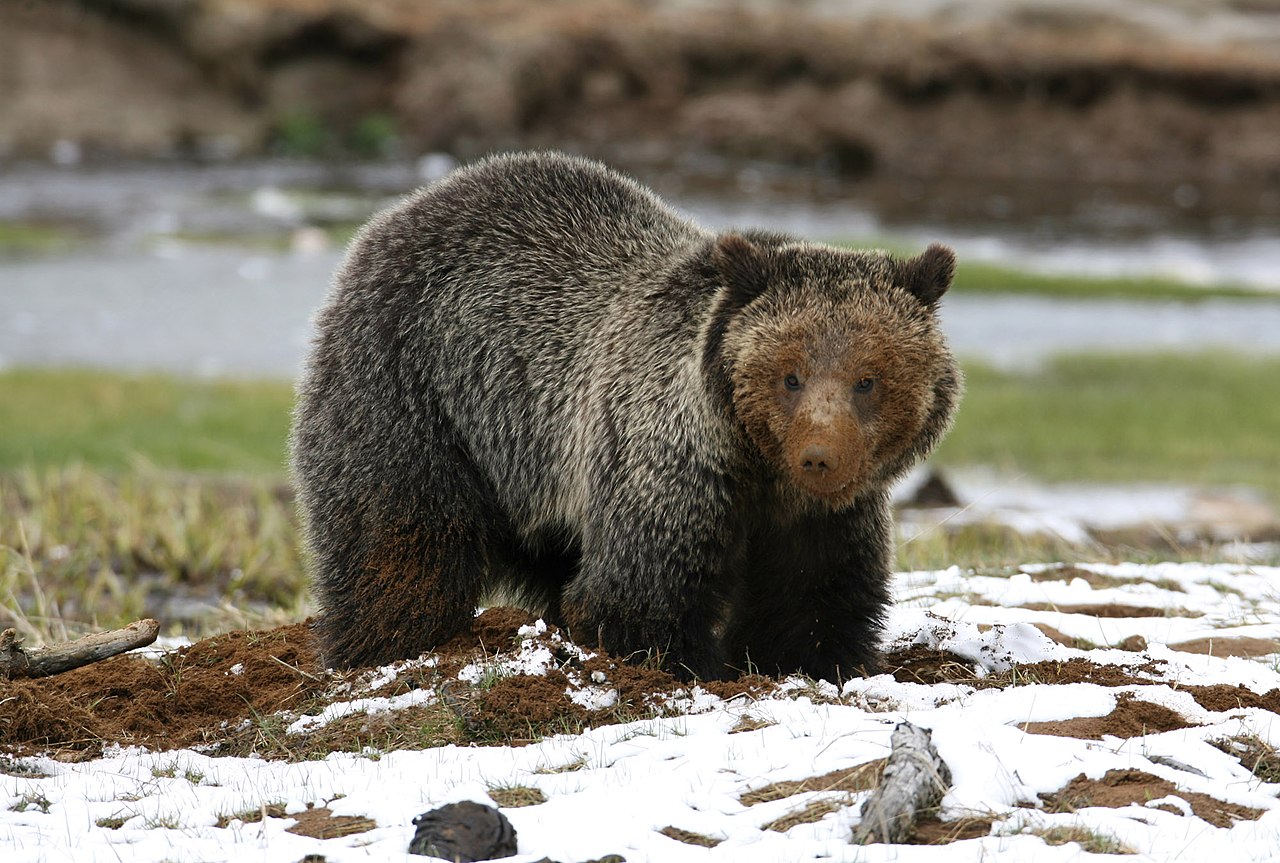
The Biden administration’s $1.2 trillion infrastructure initiative will have a $350m provision for building animal crossings, the largest sum ever spent on preventing wildlife from becoming road casualties, Utah’s Deseret News reports.
The crossings will come in a number of forms, from large bridges for bears to small tunnels for salamanders. One aim will be to give migratory species a safe corridor between their summer and winter habitats.
According to a 2008 report from the Federal Highway Administration, there are between one and two million collisions a year, a figure that rose 50% between 1990 and 2004, and now make up 5% of all traffic accidents.
Furthermore, there are around 20 endangered species that may be made extinct by these accidents. For example, in California, freeways have prevented mountain lions from mating, leaving them so inbred that they’ve fallen into an “extinction vortex”.
Matt Skroch, project director for the Pew Charitable Trusts, commented on the Pew website: “Throughout the country, vehicle collisions with deer, elk and other animals are a serious problem. These accidents injure or kill tens of thousands of people each year. And the total cost – including vehicle damage and insurance – can exceed $8bn annually.
“In rural areas, hitting a deer is almost commonplace: In its latest analysis, the insurance company State Farm reports that in West Virginia, for example, one in every 37 people were likely to collide with a large animal.”
The positioning of animal crossings for deer has been improved in recent years by advances in GPS technology. One technique is to fix collars to deer to map their migration routes more accurately. This allows fencing to be installed to guide the animals towards their bridges. According to Skroch, this has reduced collisions by more than 80% in some areas.
Further reading:






